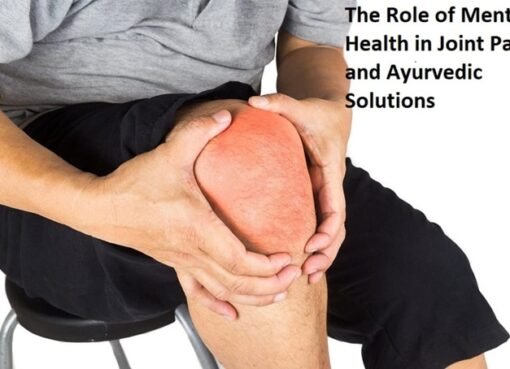3 Surprising Things That Can Cause Post-Traumatic Stress Disorder

Not everyone experiences traumatic events in their lives, but most people do. Every 1 in 3 people who suffer from severe trauma develops post-traumatic stress disorder or PTSD.
Women are at more risk of PTSD than men. Data shows that 4% of men—4 of every 100 men—and 8% of women—8 out of every 100—will develop PTSD at some point in their lives.
This disparity is because females experience different types of trauma at different times in their lives. For instance, women are at greater risk of sexual assault than men. In 2022, nearly 442,754 women were sexually assaulted or raped in the U.S. That same year, about 89,053 men were victims of sexual assaults.
Sexual abuse, along with exposure to traumatic events at work and witnessing the death of loved ones, are well-recognized triggers of PTSD. But do you know there are several other things that can contribute to PTSD? Here, we’ll explore some less obvious triggers of this psychiatric disorder.
1. Childbirth
A baby’s birth calls for celebration. When mothers hold their babies for the first time, they experience unimaginable joy. But, for some, childbirth can be traumatic and can cause PTSD—precisely called postpartum PTSD.
Nearly 9% of women suffer from this mental health condition following childbirth. That’s according to the findings of Postpartum Support International.
A near-miss for maternal mortality or birth complications can make the event traumatic, triggering PTSD. But real or perceived traumas, such as prolapsed cord, the baby going to the NICU, or the use of forceps or vacuum extractors during delivery, can also cause this mental health condition.
Stillbirths might also contribute to this psychiatric disorder. Perinatal loss—the death of a neonate or fetus between conception and 28 days after birth—resulted in PTSD in about 25% of mothers. One study found that the trauma of perinatal loss was discovered to affect parents for up to 12 years after the loss.
Seeking support from a mental health professional who specializes in perinatal mental health can help you overcome PTSD. Joining support groups for new mothers or those specifically dealing with childbirth-related PTSD can also help you recover from childbirth trauma.
2. Severe Vehicular Crash
A study recently published in Clinical Psychopharmacology and Neuroscience revealed traffic crashes to be a major cause of PTSD.
Survivors may experience a range of symptoms, including nightmares, flashbacks, and severe anxiety. The sight of a similar vehicle or the sound of screeching tires can trigger these distressing memories, making daily activities, such as driving or even being a passenger, overwhelming.
The violent two-car crash that took place overnight in south St. Louis in October 2023 is a case in point. Two cars—a Pontiac and a Volvo—were involved in the crash. The former vehicle carried four people, and the latter had only one. A female passenger of the Pontiac was killed, whereas the other three were injured. The driver of the Volvo also sustained injury.
Imagine if you were one of the victims of such a car crash. Wouldn’t the accident cause psychological distress? Witnessing the death of a passenger might even make you afraid of driving.
A mental health practitioner can help you recover from PTSD. The treatment might involve therapies such as cognitive-behavioral therapy (CBT). Undergoing therapy might drain your finances, but the good news is that you can recover damages from the at-fault party.
Hiring a St. Louis personal injury attorney will make it easy for you to navigate the legal complexities. They will help you seek fair compensation for your medical expenses, therapy costs, lost wages, and pain and suffering by proving that you developed PTSD due to the car crash.
When searching for a personal injury attorney, TorHoerman Law advises victims to hire those who are experienced as well as familiar with the St. Louis legal system. They will be able to guide you through the process, ensuring you receive the maximum compensation for your injuries and losses.
3. Being Diagnosed With a Life-Threatening Condition
Receiving a diagnosis of a life-threatening condition, such as cancer, heart disease, or a severe autoimmune disorder, can be traumatic. The initial shock of the diagnosis and the fear of potential outcomes can trigger intense emotional responses.
If you develop a life-threatening condition, you might have to undergo invasive treatments and stay at a hospital for prolonged periods. You might also experience significant pain, which can contribute to trauma. The uncertain future and the possibility of death might further lead to chronic stress and anxiety. All this can culminate in PTSD.
You might become hypervigilant when it comes to health and get flashbacks of the moment you received the diagnosis. Early psychological intervention and support can help you cope with the trauma associated with such diagnoses.
To tie it up, PTSD can arise from various forms of trauma, not just commonly recognized triggers. Recognizing surprising causes will help you seek support from a mental health professional or help those affected. Early intervention can make a significant difference in recovery, allowing you to heal and regain control of your life.
Read More: https://husbandname.org/



